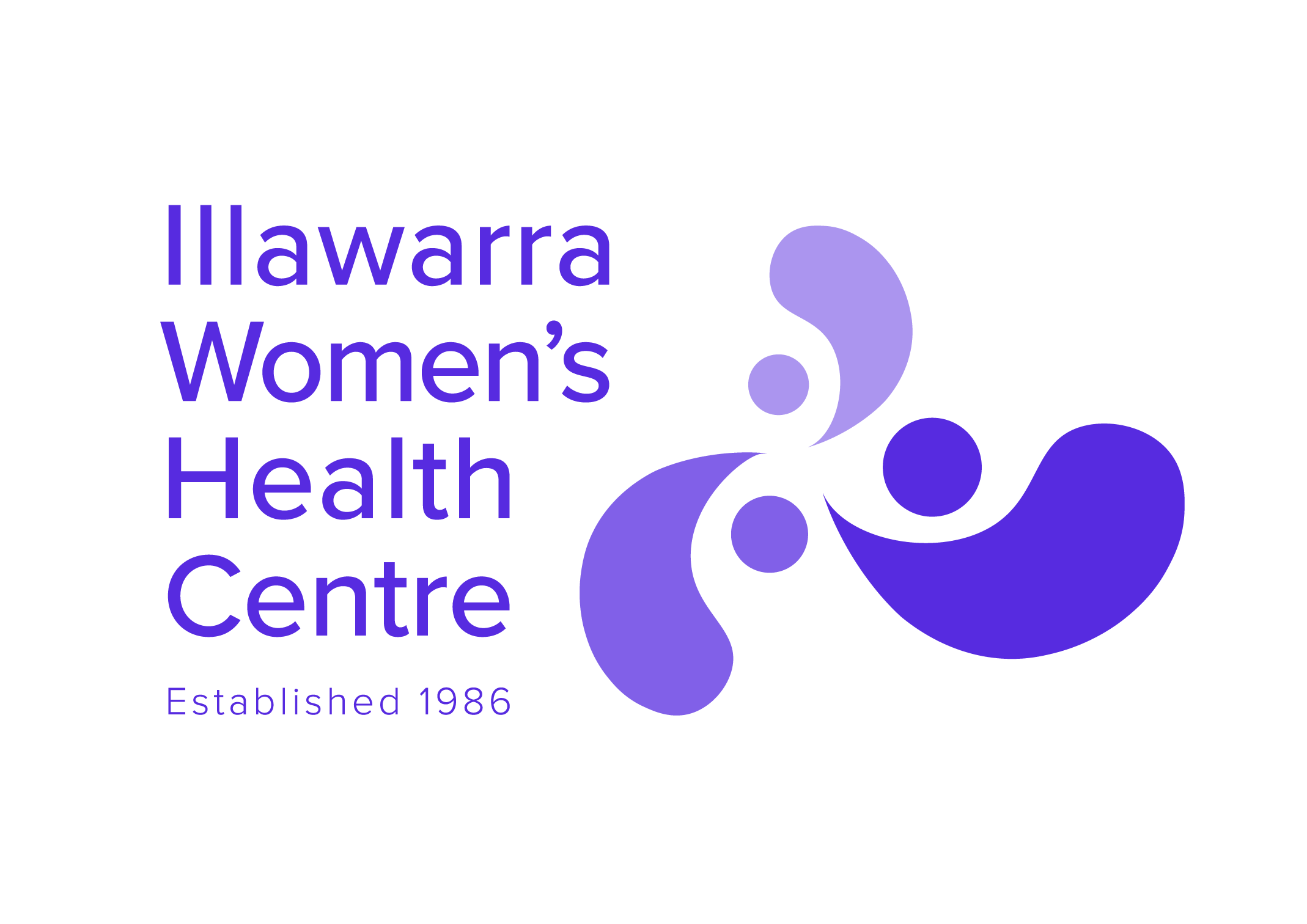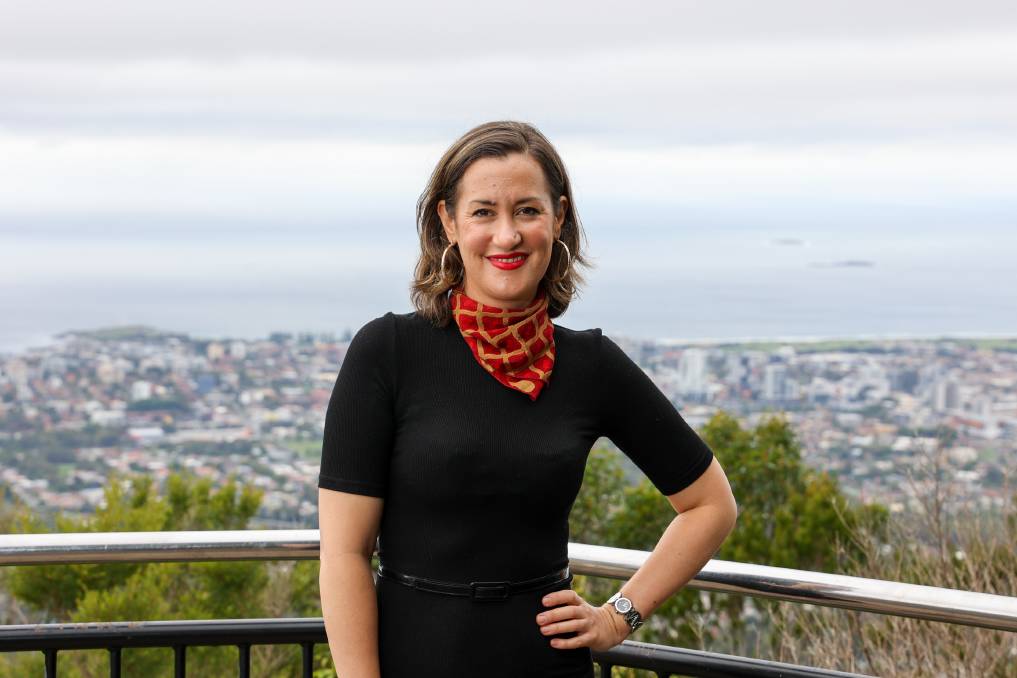Illawarra Mercury – Natalie Croxon
She had also experienced domestic violence as an adult, knew there was a pattern and didn’t want that continuing throughout her life – but she could find only one service offering what she needed, and she couldn’t get in.
Now 20 years on, the kind of service Ms Dembele searched for is coming to fruition with the Women’s Trauma Recovery Centre – and she is its director for lived expertise, government relations and advocacy.
“[I am] just so excited,” Ms Dembele said.
“It feels like a huge responsibility to make sure we do this work well… but it’s also a massive opportunity to make a significant change in the way Australia deals with women who have experienced domestic and sexual violence, to rebuild their lives.”
She explained that incorporating the lived experiences of victim-survivors like herself was vital to the delivery of such a service.
While the sector had been built in response to women’s needs, Ms Dembele said institutional attitudes of victim-blaming and not trusting women as capable of making their own decisions had persisted.
She said it was important to stand up as a survivor and say she was capable and credible.
“We have to have lived experience during the design of this to make sure it’s fit-for-purpose,” she also said.
The best way to do that, Ms Dembele said, was to speak to the women themselves and get feedback on what was useful.
“I want to make a real impact for the women who use our service,” she said.
“That once they’re engaged with us and they’re using our service, their lives improve.”
Ms Dembele also hopes to create a place where people feel a sense of belonging and community, because isolation is a significant factor in domestic abuse.
She wants the centre to represent a “radical shift” in the model for addressing abuse, breaking the cycles of trauma and reducing the intergenerational incidence of domestic and sexual violence.
Ms Dembele also hopes the centre will demonstrate victim-survivors are so much more than the abuse they have experienced.
“We want to see this model replicated across Australia and internationally,” Ms Dembele said.
As part of her role, she will also develop a victim-survivor advocacy program.
Ms Dembele founded the Accountability Matters Project to shift domestic violence away from being seen as a ‘women’s issue’, and to drive efforts to reduce men’s use of sexual, domestic and family violence by 25 per cent in 25 years.
She is also an ambassador for child protection organisation Bravehearts and part of the Voices for Change media advocacy program.
Illawarra Women’s Health Centre executive director Sally Stevenson said she was proud to welcome Ms Dembele to the team.
“Our motivation is a future where women, children, and families recover from family, domestic and sexual violence trauma, and live a life to the fullest of their potential,” Illawarra Women’s Health Centre executive director Sally Stevenson said.
“Lula has the skills, the passion and the understanding to help us create that future.”
The Women’s Trauma Recovery Centre will provide a wraparound service for victim-survivors of domestic and sexual violence, addressing not only their mental health needs but other elements such as housing and financial issues.
“That’s why we talk about rebuilding lives through the centre, because it’s about all the things creating a sense of security,” Ms Dembele said.
It is hoped the Women’s Trauma Recovery Centre will open this year, after the project secured $25 million in federal government funding in 2022.
But another $18 million in state government funding is still needed for the land and construction. The state government is also yet to provide a site.


